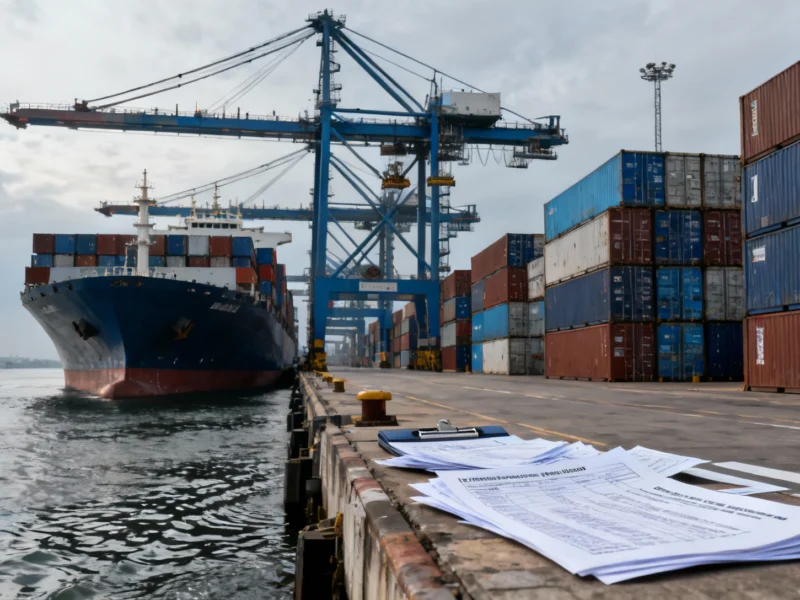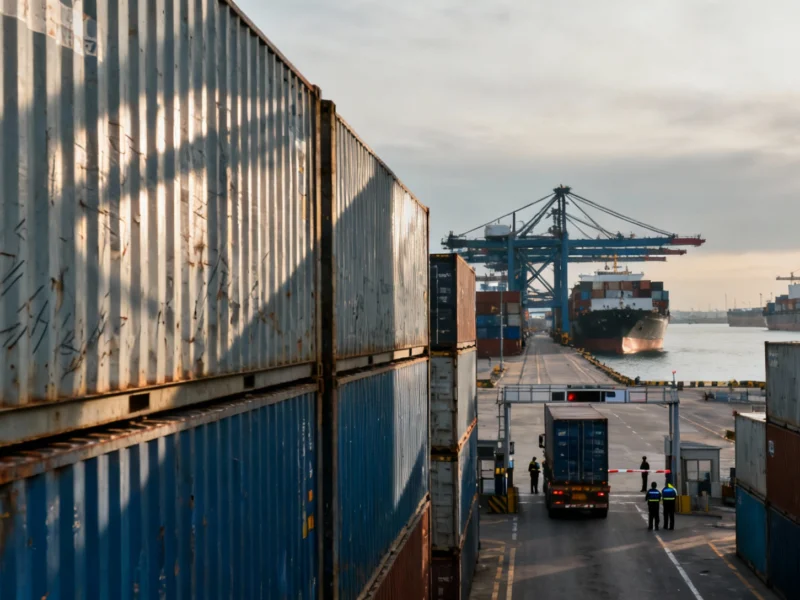U.S. President Donald Trump announced potential trade cuts with China, targeting cooking oil and other goods as retaliation for reduced soybean imports. This move escalates ongoing disputes over tariffs, technology, and geopolitical issues.
In a recent social media statement, U.S. President Donald Trump revealed that Washington is evaluating the termination of certain trade relationships with China, specifically mentioning cooking oil and other trade elements. Trump framed China’s decision to slash U.S. soybean purchases as an “Economically Hostile Act,” emphasizing that the U.S. could produce cooking oil domestically without relying on Chinese imports. This development underscores the deepening trade rift between the two nations, which has been fueled by disagreements over tariffs, technology, and broader geopolitical tensions.
Trump’s Rationale for Trade Termination



